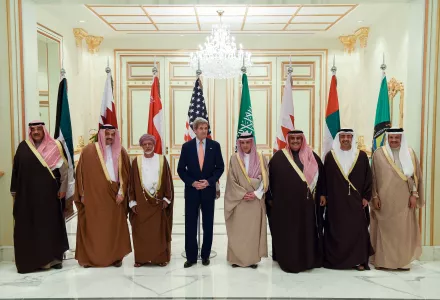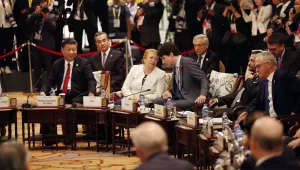
Abstract
The present article brings domestic politics into an analysis on sovereign wealth funds (SWFs) that are relevant for the study of contemporary geopolitics. What are the domestic drivers behind SWF creation, and how does a country’s domestic political environment affect the creation of these funds? Using a comparative historical case study on sovereign funds in Gulf Cooperation Countries, this article investigates the effects of domestic state–society structures on decisions about SWF creation and their evolving structure. Thereby, this article adds to an emerging stream of literature that looks at the drivers and implications of SWFs. One of the key findings of this analysis is that there are systematic links between the sovereign fund types and domestic structures; these structures include and exclude socio-economic actors that influence policy-making decisions.
Braunstein, Juergen. “Domestic Sources of Twenty-first-century Geopolitics: Domestic Politics and Sovereign Wealth Funds in GCC Economies.” New Political Economy, February 5, 2018
The full text of this publication is available via New Political Economy.



